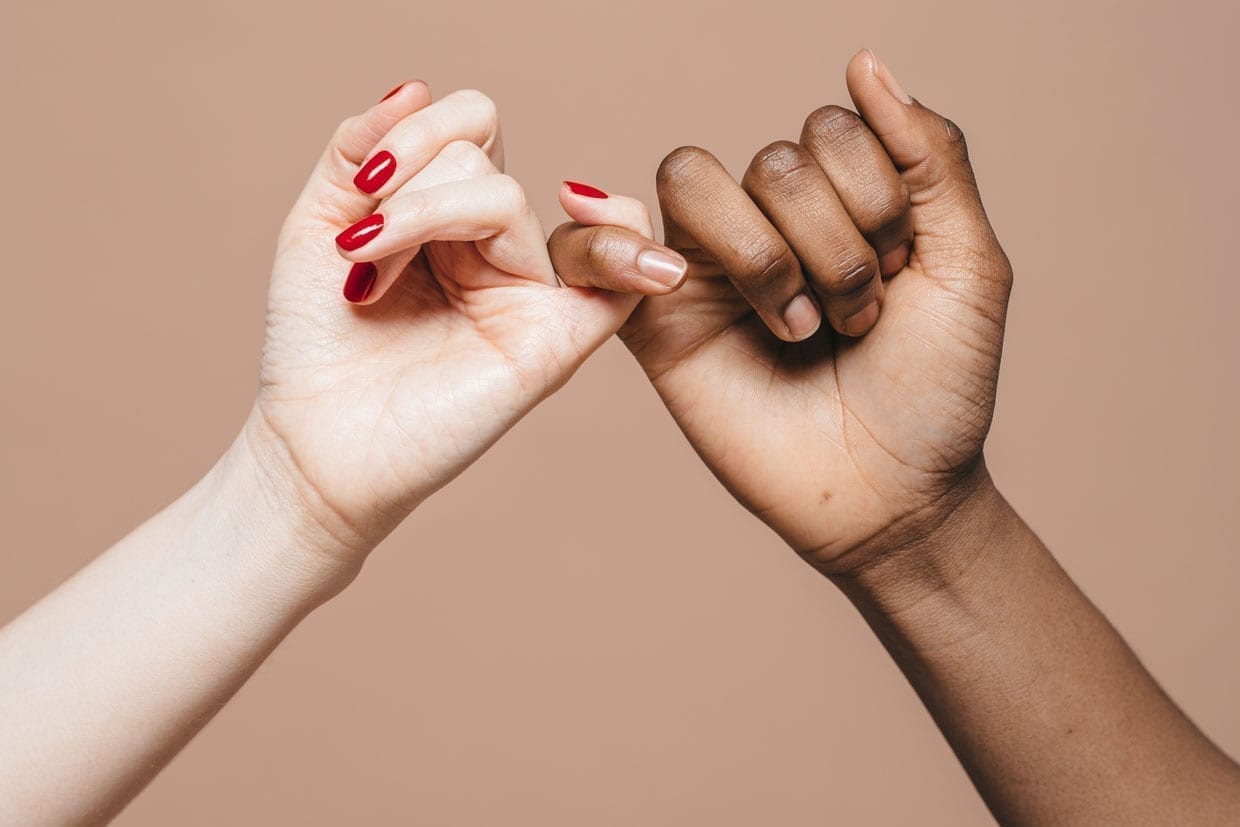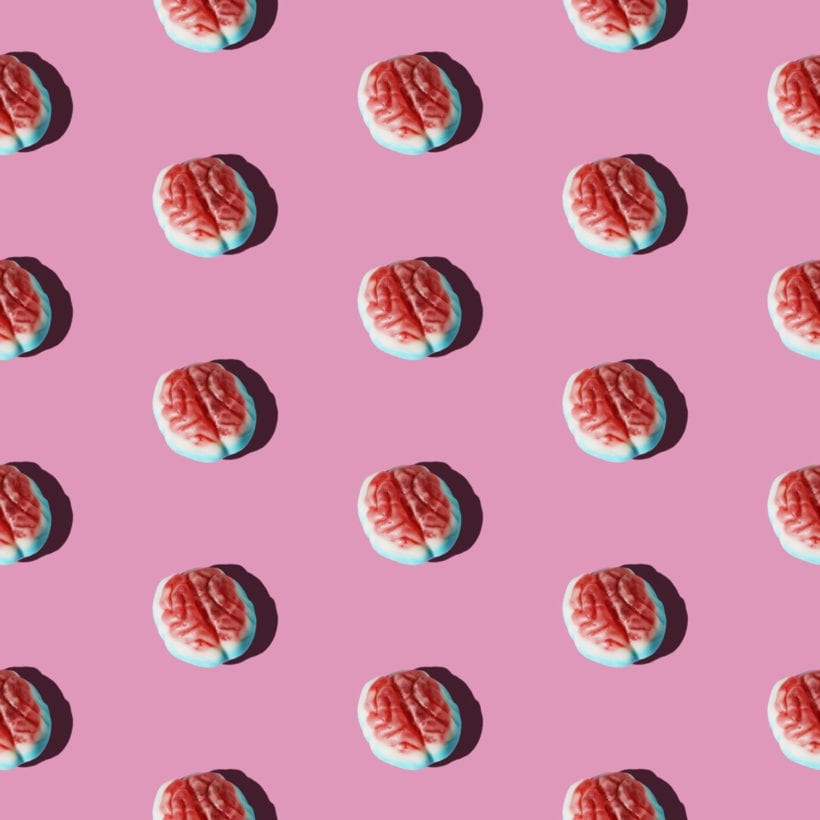Social isolation is a worldwide epidemic. Studies have found that about half of Americans feel lonely, and with links to mortality in the elderly and high blood pressure, battling loneliness is paramount. And even though society has every method to connect (Instagram, WhatsApp, FaceTime, Facebook, etc.), this often leaves us feeling disconnected, instead.
A recent University of Pittsburgh study proves this: People ages 19-32 are twice as likely to feel isolated if they spend two or more hours a day on social media than those who do not.
When we are spending time with friends, the love and bonding neurochemical oxytocin is released instead, and oxytocin supports the brain’s secretion of serotonin, the feel-good hormone. Another study found that children who had negative experiences while a friend was present, in general, felt better about themselves and showed lower levels of cortisol — the stress hormone — than those who did not have a friend present while they went through a hard time. “When we’re getting social support, whether it’s from friends or family, anti-stress hormones are activated, and this damps down the release of cortisol and adrenaline,” says Anne Moyer, professor of social and health psychology at Stony Brook University and editor of “The Psychology of Friendship.” All of this goes to show young adults and teens are at risk. Couple the challenges associated with finding yourself as you navigate the transition to adulthood with social pressures to always be on, and it can take a toll — especially on friendships.
People ages 19-32 are twice as likely to feel isolated if they spend two or more hours a day on social media than those who do not.
The ability to have anything delivered only adds to the isolation. In fact, the TV tends to become more a source of a company than actual beings. Even I have said it quite a few times: “Ugh, I need more friends.” Usually, the statement leaves my mouth after I call my crew (the same two people) only to discover they are busy. I roll my eyes and make do with a quiet night of “World of Dance” and chill.
But my mind always wanders back to that stat about mortality — Brigham Young University research found that loneliness contributed to a 26 percent jump in mortality risk (this is equivalent to the risk of smoking and obesity on our health aka loneliness can trigger stress chemicals, which in turn makes us sicker).
And because neither you nor I want to be part of a grisly stat, it is one thing is certain: We need friends. The formation of friendship has been investigated a fair amount in psychology, and its findings are very intuitive — which alludes to our instinctive social nature. And though the actual dynamics of developing friendships are pretty nuanced, it is clear we need them to live long, healthy and happy lives.
Plus, it turns out that neuroscience has pretty good evidence on the power of friendship in maintaining brain health and well-being as we get older — the brain is our main social organ, so without regular companionship, we are constantly stressed. Research has found that a strong social network decreases the incidence of dementia and decline in cognitive function in women and has found that loneliness overall is associated with more than half the risk of developing dementia. As relationships improve, people’s odds of survival increase by 50 percent.
If this gives you a little anxiety and makes you think of that old college buddy who texted you the other night and you forgot to respond to, do not worry. Research has also found you do not need to have 800 friends on Facebook to reap the benefits of having friends. Rather, maintaining an average of 150 stable social relationships — relationships in which an individual knows who each person is and how they all relate to one other — is best. This concept has been dubbed “Dunbar’s Number,” after Robin Dunbar, an anthropologist and psychologist who found an association between brain size and the average social circle size in primates in the 1990s. And, the number increases/decreases in a “rule of three” formula: around 50 are the people we can call close friends and could invite to a dinner party, then another step down is 15 we can call close confidants, then five is roughly the amount most people need in their intimate social support circle.

Friendships aid in what neuroscientists call “cognitive reserve,” which is the ability to build up a reserve of healthy brain cells that guard against cognitive decline and disease. Research has shown that people with a better cognitive reserve are more adept at staving off degenerative brain changes associated with diseases like dementia or Parkinson’s disease, multiple sclerosis, etc., and helps you function better in life when put up against stress, trauma or simply environmental toxins, which all demand extra effort from the brain. How does having friends play a role? Maintaining friendships involves thinking, feeling, reasoning and arguing — all of which stimulate brain cells to create new and healthy connections. Friends also push you out into the world to engage in new activities, visit new places, try new foods and hobbies, etc.
As we grow older, having friends stimulates and promotes this participation, which eventually leads to better cognitive reserve in old age. Even small talk with a neighbor or server, not considered the strongest friendship, can promote well-being, according to a study from the University of British Columbia.
But perhaps most importantly, friendships acts as a buffer from stress, which was also been dubbed another big risk factor for many health problems such as cardiovascular issues, anxiety, depression and chronic pain, according to a recent study by the National Institute on Aging and the National Institute of Health. “We all experience stress, and stress can compromise our mental and physical health, and in health psychology, stress is a huge focus for us,” says Moyer. “We have a lot of research about social connectedness, and loneliness has been a focus for us. We’re really understanding how loneliness has all kinds of biochemical effects that are related to our well-being. Friendship is one of [a] whole bunch of relationships that we have now come to understand are helpful in buffering us from stress and loneliness.”
We only recommend products we have independently researched, tested, and loved. If you purchase a product found through our links, Sunday Edit may earn an affiliate commission.







